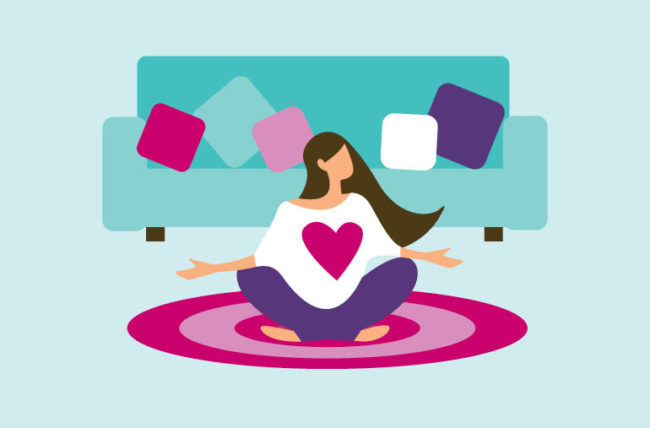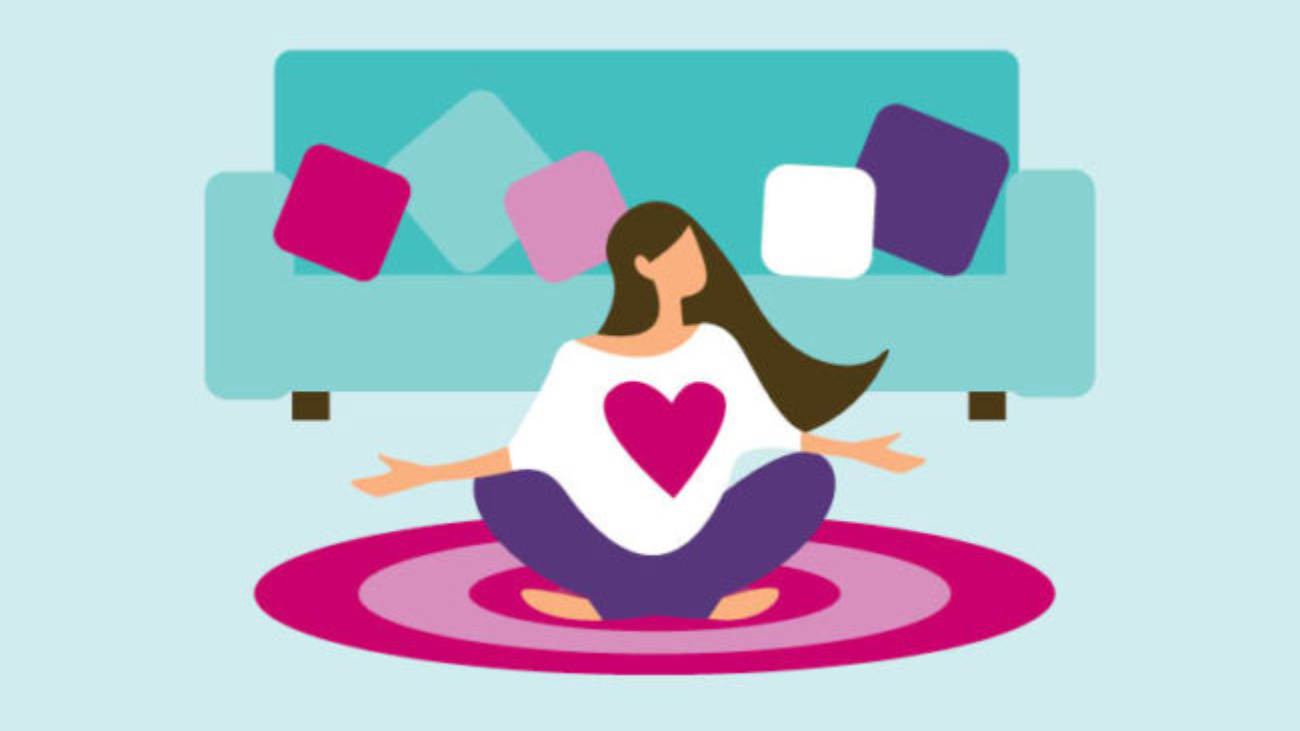
Besides “Consensus Thelema,” my other neologism is “Enchanted Centrism,” which I also sometimes call “Magical Centrism” or “Magical Secularism”. That’s when people take contemporary secular liberal values and either assert them as though they have some kind of religious validity, or they reinterpret religious experience in secular, individualistic terms.
An example of the former is asserting that someone with racist or sexist beliefs could not possibly be doing their true will. Considering the prevalence of unconscious racial and gender biases in any culture, and how demographically homogeneous OTO is, I wonder if it’s crossed anyone’s mind that literally no one in OTO is doing their will by that standard?
An example of the latter is the claim that someone is divine when they are self-actualizing: when they are exemplifying their best or higher self, when they are following their personal path in life, when they’re making the career and relationship choices that are best for them, when they’re meditating or practicing ritual regularly, when they’re being creative, or when they’re practicing appropriate self-care. It’s the divinization of an urban or suburban liberal lifestyle.
While a lot of them are very nice, magical secularists also often have a smug, superior attitude toward those who practice more traditional, monotheistic religions, especially those who live in more suburban or rural areas or the flyover states. Hemmed in by arbitrary religious and familial norms, they are less developed forms of the enchanted centrists.
Many magical secularists probably don’t know or have never even met these poor, benighted souls—nor do they usually want to. They might be surprised to find out that religious people in these states are familiar with career advancement, self-care routines, or have as much or more monotheistically unsanctioned sexual intercourse and recreational drug use as one typically finds at NOTOCON. They just don’t also flatter themselves by calling it a form of self-apotheosis or self-realization.
We’ve had about a century now of being released from the shackles of our restrictions and represssions. Whether we spiritualize that or not—whether we call sin a restriction or vice versa—we still have enough data to meaningfully ask whether all of this personal freedom, in and of itself, has led to us leading more meaningful lives. Given the number of magical centrists I know are unhappy, low-energy, or on antidepressants, I wouldn’t be so fast to gild our early 21st century way of life.
